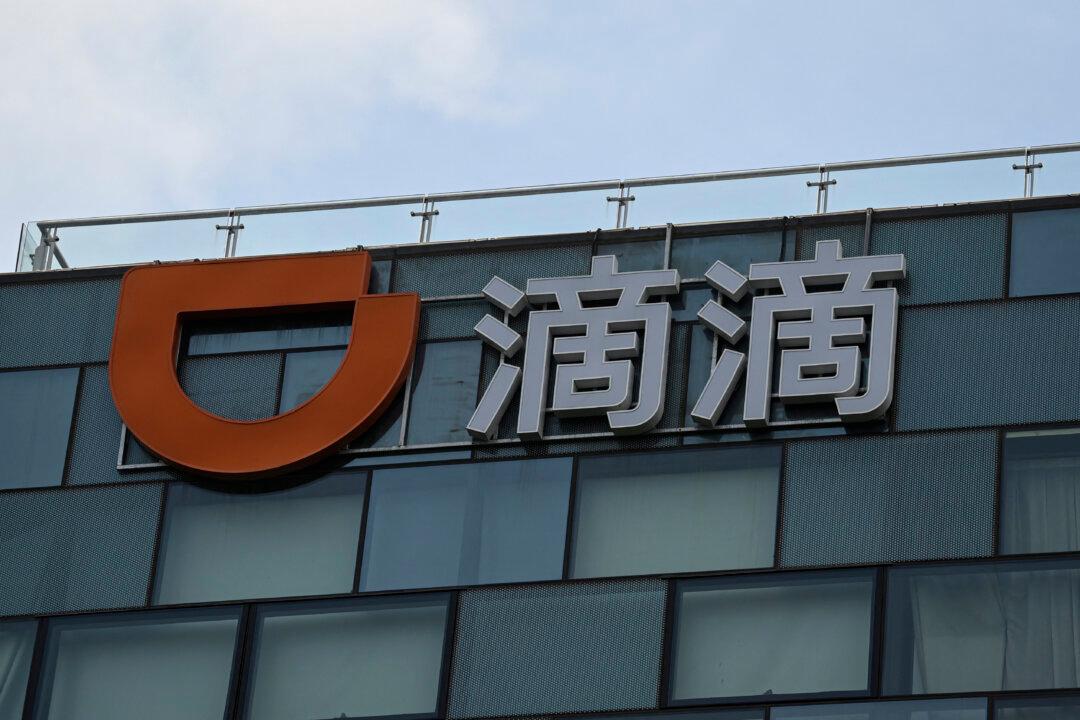Commentary
The United States and China are beginning to agree on one thing—that Chinese technology companies selling shares on U.S. stock exchanges may not work.

The United States and China are beginning to agree on one thing—that Chinese technology companies selling shares on U.S. stock exchanges may not work.